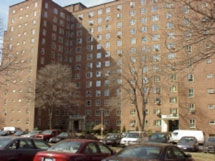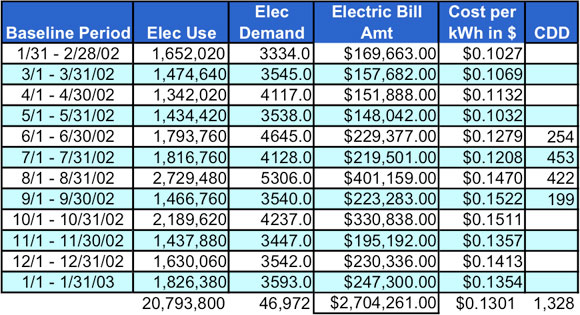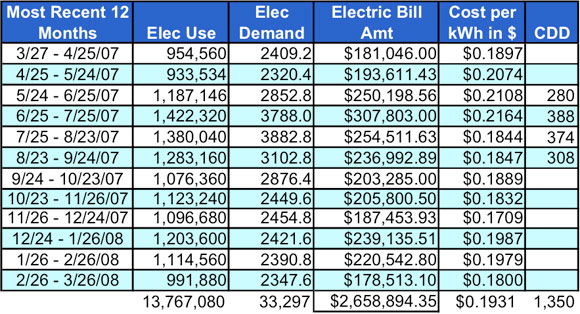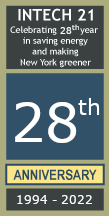Fresh Meadows Case Study
Electrical Submetering at Queens Fresh Meadows to Enable Time Sensitive Pricing

The Queens Fresh Meadows complex includes two (2) 13-story high rise, sixty seven (67) 2-story low rise and seventy (70) 3-story low rise for a total of one hundred and thirty nine (139) master metered residential buildings located on the eastern end of Queens, just south of the Long Island Expressway. Most of the 3,008 apartments contained in these buildings are occupied by rent stabilized tenants under the jurisdiction of DHCR. Electrical submetering was implemented during the years 2005 to 2006 to enable Fresh Meadows to achieve the benefit of submetering as well as participate in a NYSERDA-sponsored Time Sensitive Pricing Program and maximize its incentive under the New York State ISO ICAP Curtailment Program.
Equipment – A wireless submetering system with integral temperature sensor
Despite the fact that there are dedicated circuit breakers for each apartment in the building basement electric rooms, each apartment submeter was installed inside each apartment adjacent to the apartment breaker panel in order to take advantage of an integral temperature sensor. The temperature sensor provides management the ability to monitor apartment temperatures and to optimize the building complex’s heating distribution system and boiler(s) operation. This feature has assisted in addressing resident heat complaints and should result in significant winter fuel savings which will more than offset the additional installation cost associated with placing the submeter inside the apartment as opposed to in the basement area.Billing History
Baseline year before submetering

Most recent year after submetering

